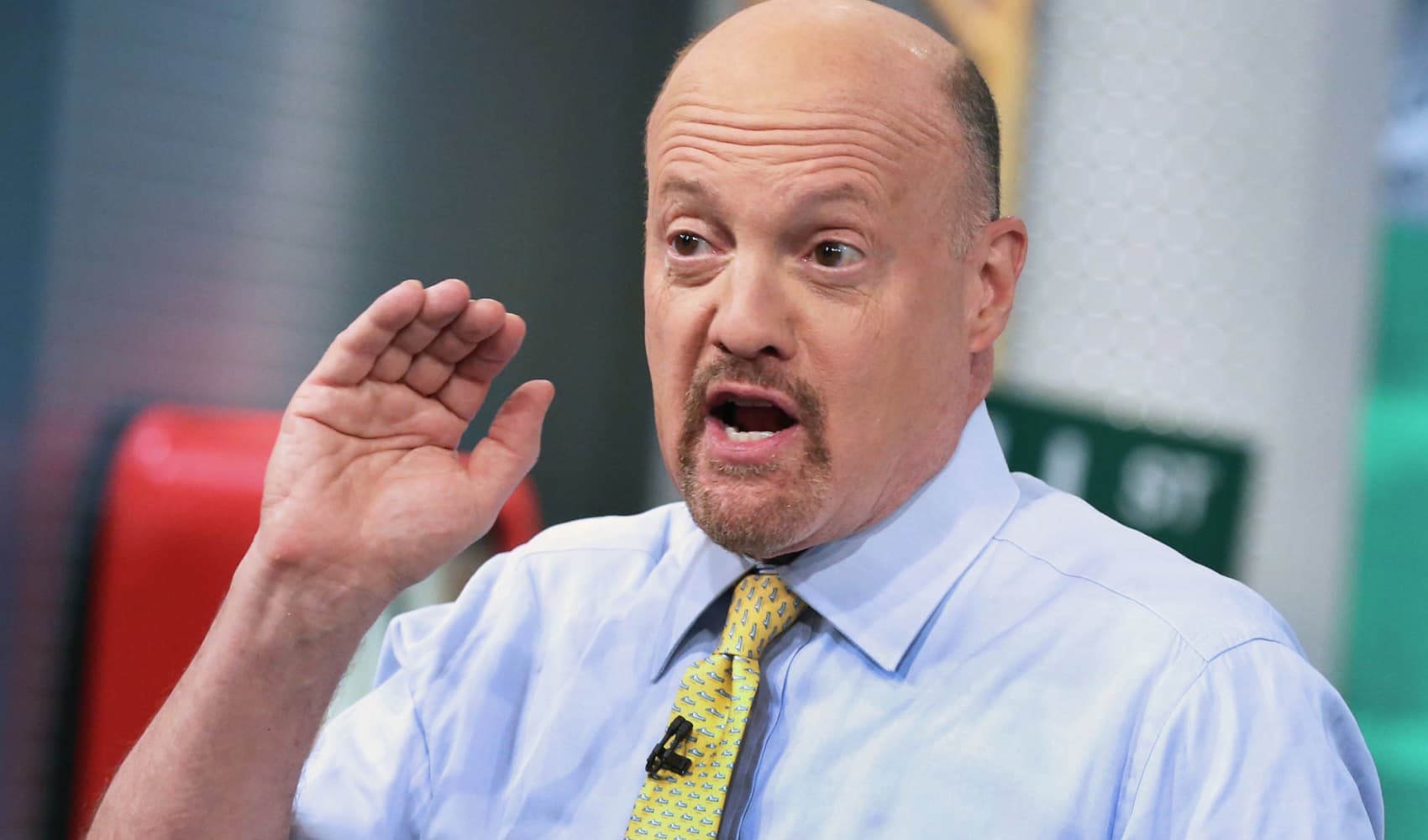
Single-stock exchange-traded funds may be the industry's next big thing.
Direxion filed in February for 24 ETFs based on eight specific stocks: Amazon, Meta Platforms, Alphabet, Microsoft, Netflix, Nvidia, Apple and Tesla. Known for its leveraged and inverse ETFs, the firm plans to offer funds that double the downside, double the upside and invert the performance for each stock.
The move follows smaller firm AXS Investments' filings for 18 similarly leveraged ETFs on popular growth stocks. If approved, these would be the first single-stock ETFs to trade in the United States.
Get a weekly recap of the latest San Francisco Bay Area housing news. Sign up for NBC Bay Area’s Housing Deconstructed newsletter.
However, Direxion's funds — which would reset on a daily basis — are likely not for everyone, the firm's head of product David Mazza told CNBC's "ETF Edge" this week.
"Most of our ETFs are tools for traders, people who can manage their portfolios on a daily basis, to make decisions either to amplify exposure or to hedge other risk in their portfolios," Mazza said in the Monday interview.
"These can be tools for traders that can be very powerful for them if used appropriately and we really advocate for folks to do that due diligence, do the education on our website or other sources to understand that. And if they're not right for you, don't use them," he said.
Money Report
Morningstar's Ben Johnson also suggested treading carefully with leveraged and inverse ETFs.
"This is really the late Jack Bogle's worst nightmare regarding ETFs manifest, that they become a strictly speculative tool," Johnson said of the index fund inventor in the same "ETF Edge" interview.
"We've come a very long way from the origins of this space and that's not to say that they don't have a use case for certain investors for speculation, but for your average investor, I wouldn't touch these things with a 10-foot pole."
For those willing to take on the risk, position sizing will be critically important, Horizon Kinetics portfolio manager and research analyst James Davolos said in the same interview.
"People use these for a lot of different reasons," Davolos said. "They size them appropriately. People might have underlying exposures that they want to hedge or enhance. So I think it's all about using it intelligently versus using it speculatively and like everything in this world, size it appropriately."






